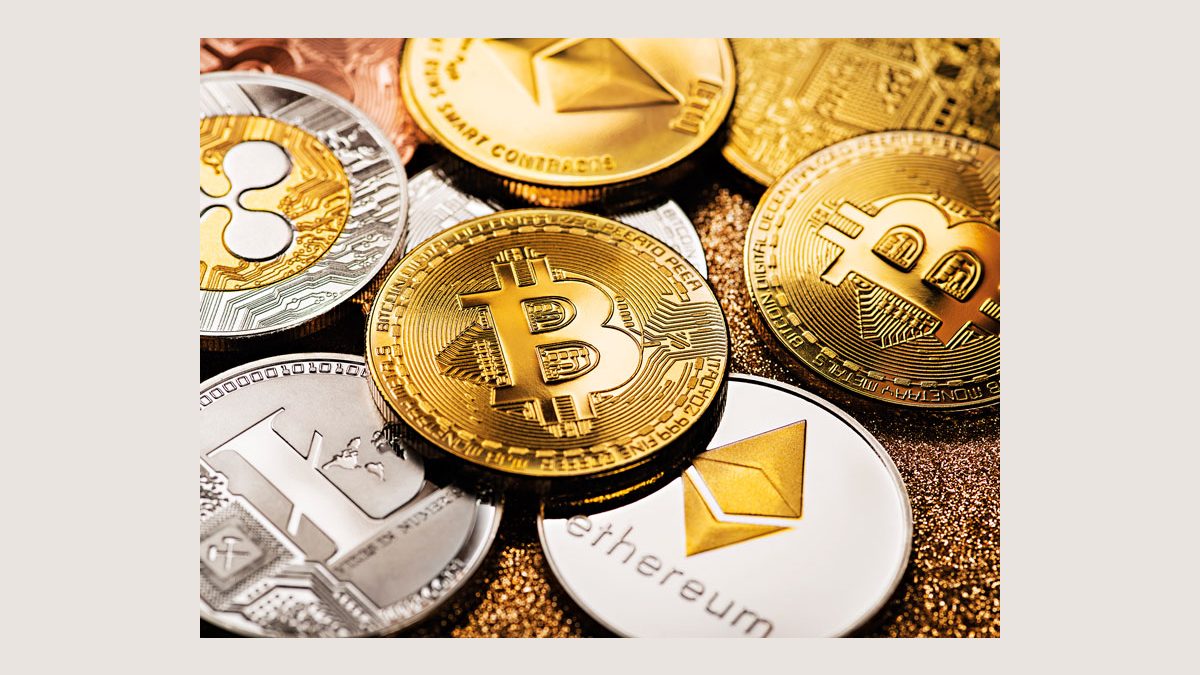The digital era has revolutionized many aspects of our lives, and one of the most significant changes has come through the introduction of digital coin systems and peer-to-peer (P2P) networks. These innovations have paved the way for decentralized finance, enabling transactions without the need for traditional intermediaries. As we look towards the future, the symbiotic relationship between digital coins and P2P networks holds immense potential to reshape global finance and data exchange.
Table of Contents
Understanding Digital Coins
The Emergence of Digital Coins
Digital coins have emerged as a revolutionary form of currency, representing a shift from traditional monetary systems to a more decentralized model. Unlike conventional currencies, digital coins are not controlled by any central authority. They operate on decentralized networks, typically powered by blockchain technology, which ensures transparency, security, and immutability of transactions.
How Digital Coins Function
Digital coins operate on a network of computers that validate and record transactions on a distributed ledger. This ledger, often referred to as a blockchain, is a chronological chain of blocks, each containing a batch of transactions. Miners or validators verify these transactions through a consensus mechanism, ensuring that all participants agree on the state of the ledger. You can also explore nearest edge for further information.
The unique aspect of digital coins is their decentralized nature. Transactions are conducted directly between users, eliminating the need for intermediaries such as banks or payment processors. This peer-to-peer transaction model offers several advantages, including lower fees, faster processing times, and greater privacy.
The Role of Peer-to-Peer Networks
What are Peer-to-Peer Networks?
Peer-to-peer networks are decentralized networks where each participant, or “peer,” acts as both a client and a server. Unlike traditional client-server models, where a central server manages and distributes data, P2P networks distribute the workload across all participants. This model enhances the robustness and resilience of the network, making it less vulnerable to failures or attacks.
The Intersection of Digital Coins and P2P Networks
The integration of digital coins with P2P networks creates a powerful synergy. Digital coins are inherently suited for P2P transactions due to their decentralized nature. By leveraging P2P networks, digital coin transactions can be processed more efficiently, with lower costs and reduced reliance on central authorities.
In a P2P network, digital coins are exchanged directly between users, ensuring that transactions are fast and secure. This model not only reduces transaction fees but also empowers users with greater control over their funds and data. As digital coin adoption grows, the demand for robust P2P networks will likely increase, driving further innovation in this space.
Advantages of Digital Coins and P2P Networks
Enhanced Security and Privacy
One of the key advantages of digital coins and P2P networks is the enhanced security and privacy they offer. Traditional financial systems often require users to trust centralized institutions with their personal data and funds. In contrast, digital coins allow users to conduct transactions directly, without revealing sensitive information to third parties. P2P networks further enhance this privacy by distributing data across multiple nodes, making it more difficult for malicious actors to compromise the system.
Lower Transaction Costs
Traditional payment systems often involve multiple intermediaries, each charging a fee for their services. Digital coins and P2P networks eliminate the need for these intermediaries, significantly reducing transaction costs. This is particularly beneficial for cross-border transactions, where traditional systems can be slow and expensive. By leveraging P2P networks, users can transfer funds globally with minimal fees, making digital coins an attractive option for remittances and international payments.
Decentralization and User Empowerment
Decentralization is at the core of both digital coins and P2P networks. This decentralization empowers users by giving them full control over their assets and data. In traditional financial systems, users often have to rely on banks or payment processors to manage their funds. With digital coins, users can store, send, and receive funds without intermediaries, ensuring that they have full ownership of their money.
Similarly, P2P networks decentralize data storage and processing, ensuring that no single entity has control over the network. This decentralization not only enhances the resilience of the network but also protects users from censorship and centralized control.
Challenges and Future Prospects
Regulatory Uncertainty
Despite the many advantages of digital coins and P2P networks, there are challenges that need to be addressed. One of the most significant challenges is regulatory uncertainty. As digital coins operate outside the traditional financial system, governments and regulatory bodies are still grappling with how to regulate them effectively. This uncertainty can create barriers to adoption, as businesses and consumers may be hesitant to use digital coins until clear regulatory frameworks are established.
Scalability Concerns
Scalability is another challenge facing digital coins and P2P networks. As the number of users and transactions grows, the networks can become congested, leading to slower transaction times and higher fees. To address this, developers are working on various solutions, such as layer-2 scaling technologies and sharding, to improve the scalability of digital coin networks.
The Future of Digital Coins and P2P Networks
The future of digital coins and P2P networks is bright, with the potential to disrupt traditional financial systems and create new opportunities for global commerce. As technology continues to evolve, we can expect to see increased adoption of digital coins and the development of more sophisticated P2P networks. These advancements will likely lead to new use cases and applications, further integrating digital coins into our daily lives.
Conclusion
In conclusion, the relationship between digital coins and peer-to-peer networks represents a significant shift in the way we conduct transactions and manage data. These technologies offer numerous advantages, including enhanced security, lower costs, and greater user empowerment. While challenges such as regulatory uncertainty and scalability remain, the future of digital coins and P2P networks is promising. As these technologies continue to evolve, they have the potential to revolutionize global finance and create a more decentralized, inclusive digital economy.

